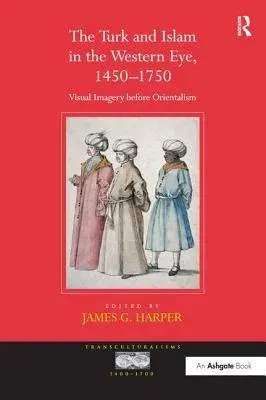The Turk and Islam in the Western Eye, 1450-1750: Visual Imagery before OrientalismPaperback, 7 August 2017

Qty
1
Turbo
Ships in 2 - 3 days
In Stock
Free Delivery
Cash on Delivery
15 Days
Free Returns
Secure Checkout

Part of Series
Transculturalisms, 1400-1700
Part of Series
Transculturalisms, 1400a 1700
Print Length
342 pages
Language
English
Publisher
Routledge
Date Published
7 Aug 2017
ISBN-10
1138248312
ISBN-13
9781138248311
Description
Product Details
Book Format:
Paperback
Country of Origin:
US
Date Published:
7 August 2017
Dimensions:
23.39 x
15.6 x
1.83 cm
Genre:
Islamic Studies
ISBN-10:
1138248312
ISBN-13:
9781138248311
Language:
English
Location:
Oxford
Pages:
342
Publisher:
Weight:
485.34 gm